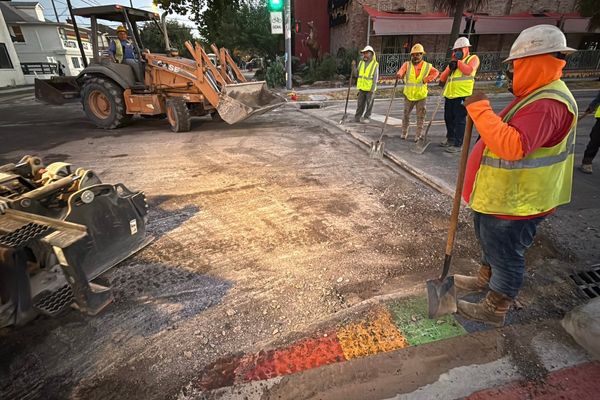A three-day general strike is taking place in Iran this week. It's a show of defiance, as the anti-regime protest movement approaches its three-month mark with no sign of abating. On Monday, the strike was observed in dozens of Iranian cities, from the capital Tehran to Isfahan, Tabriz and the Kurdish regions. Facing its greatest existential challenge since the 1979 revolution, the Iranian regime has responded with a crackdown. Hundreds of people have been killed and thousands more arrested, including 11 sentenced to death.
There are now renewed questions over the status of Iran's morality police. Several days ago, the country's attorney general suggested that the group, which is responsible for policing women's attire, had been disbanded. This was seen by some as a concession to the protesters. But many Iran analysts remained sceptical, arguing that there was no evidence the mandatory hijab law was being relaxed. In fact, patrols are reported to have been stepped up in several cities. We take a closer look at the evolution of the morality police and we're joined by sociologist Azadeh Kian for more analysis.
Meanwhile, although Lebanon has never qualified for a World Cup, many Lebanese are big football fans. But it has not been easy to watch the games this year. The state TV channel did not buy the broadcasting rights, meaning that viewing the matches during a time of financial turmoil has become something of a luxury. Our correspondents Serge Berberi and Rawad Taha report from Beirut.







